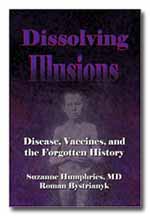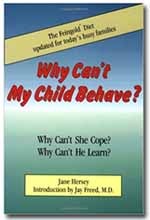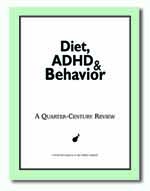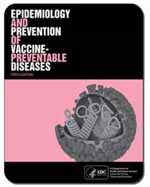 In 1885 Dr. Georges Gilles de la Tourette first described nine patients with the syndrome of multiple motor and vocal tics, a movement disorder that now bears his name.
In 1885 Dr. Georges Gilles de la Tourette first described nine patients with the syndrome of multiple motor and vocal tics, a movement disorder that now bears his name.
Tourette syndrome (TS) is defined by multiple motor and vocal tics beginning before age 18 and lasting for more than one year. The first symptoms usually are involuntary movements (tics) of the face, arms, limbs or trunk. They may also involve the entire body, such as kicking or stamping. Many persons report what are described as premonitory urges — the urge to perform the activity before doing so. Often these movements can be delayed or suppressed for periods of time (like suppressing the need to scratch an itch). Other symptoms such as repetitive touching, intrusive thoughts, and compulsions can occur.
Verbal tics may include grunting, throat clearing, shouting or barking. Despite widespread publicity due to their dramatic nature, coprolalia (the involuntary use of obscene words or socially inappropriate words and phrases) and copropraxia (obscene gestures) are uncommon in TS.
Echo phenomena are sometimes reported, and may include repeating words of others (echolalia), repeating ones own words (palilalia), and repeating the movements of others.
There is a waxing and waning phenomenon – the tics seem to get better and then worse, and individual tics may change over time, being replaced by others.
Associated conditions can include ADHD, impulsiveness, ODD (oppositional defiant disorder), OCD (obsessive compulsive disorder), and learning disabilities. Males are affected 3 to 4 times as often than females.
The Vaccine Connection
Several studies discuss tics following the shots. In fact, there is a suggestion that this is “normal.” See them here.
The Diet Connection
Through the Feingold Association’s member feedback, it appears that the Feingold diet consistently improves or controls Tourette’s Syndrome. Members began reporting this phenomenon 30 years ago, and such reports are more frequent in recent years. The research on any possible connection between the Feingold Diet and Tourette’s Syndrome, however, has not been done, in spite of tantalizing glimpses of a connection which I will try to bring you in the research posts.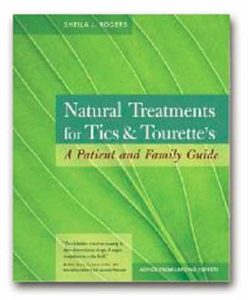
Meanwhile, Sheila Rogers of the Association for Comprehensive NeuroTherapy has collected an enormous amount of information about triggers for TS and how to deal with them in her book, Natural Treatments for Tics and Tourette’s: A Patient and Family Guide.






